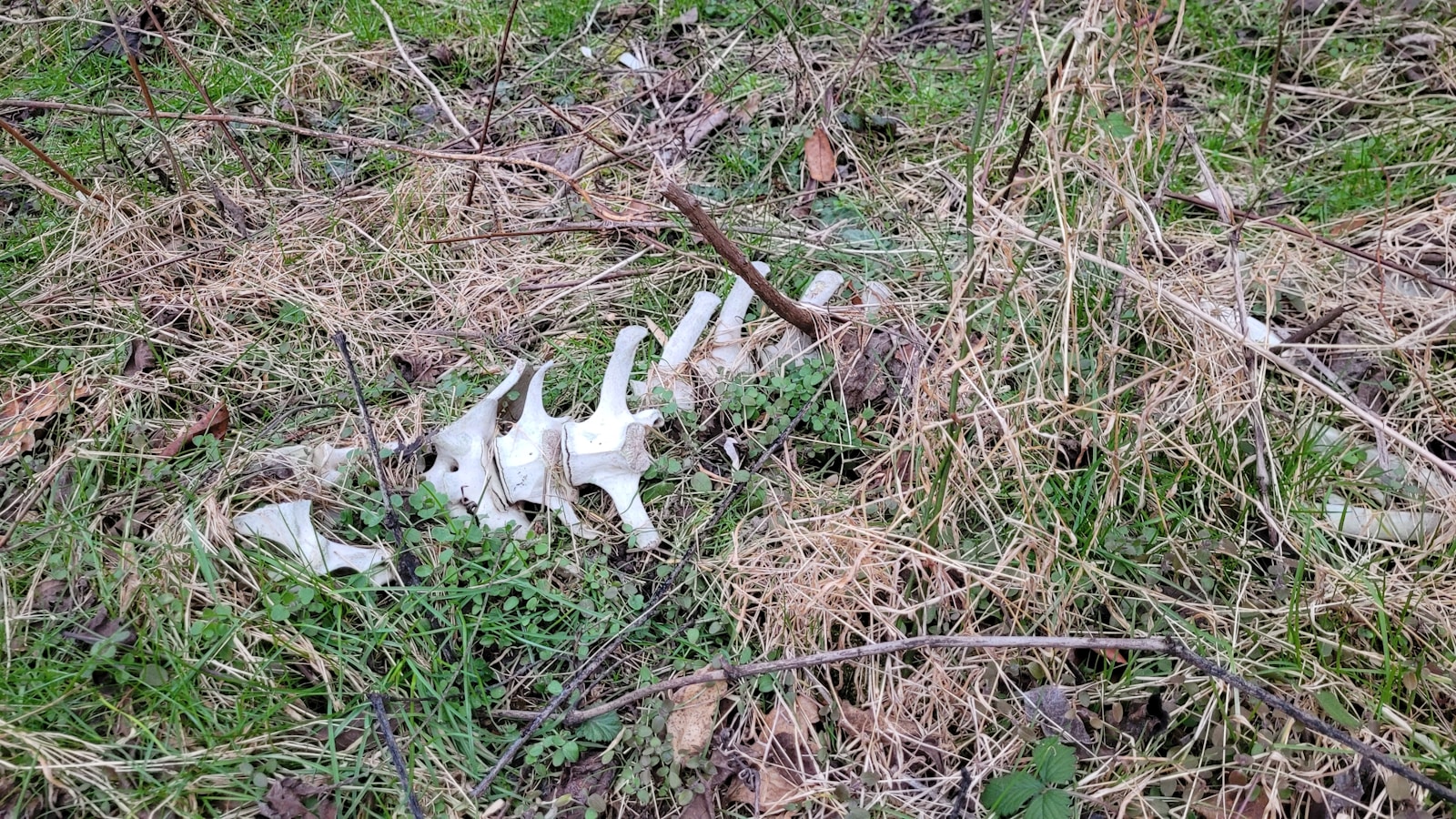
椎骨
zhuī gǔ

vertebrae
In Chinese, the word 椎骨 refers specifically to the individual bones that make up the spine. It is used in contexts relating to anatomy, biology, or medicine, and can refer to any of the bony segments of the spine in humans and other vertebrates. The term is commonly used in discussions about back health, skeletal structure, and injuries involving the spine.
Example sentences using: 椎骨
他的椎骨受伤了。
tā de zhuī gǔ shòu shāng le.

His vertebrae are injured.
This phrase indicates that someone has sustained an injury to their vertebrae, which can be a serious condition affecting the spine and overall mobility.
医生建议他做椎骨的检查。
yī shēng jiàn yì tā zuò zhuī gǔ de jiǎn chá.

The doctor recommended him to undergo a vertebrae examination.
This refers to a situation where a doctor advises a patient to have an examination done on their vertebrae, potentially for diagnosing any issues related to the spine.
椎骨的健康对身体很重要。
zhuī gǔ de jiàn kāng duì shēn tǐ hěn zhòng yào.

The health of the vertebrae is very important for the body.
This statement emphasizes the significance of maintaining healthy vertebrae, which play a crucial role in supporting the body's structure and protecting the spinal cord.